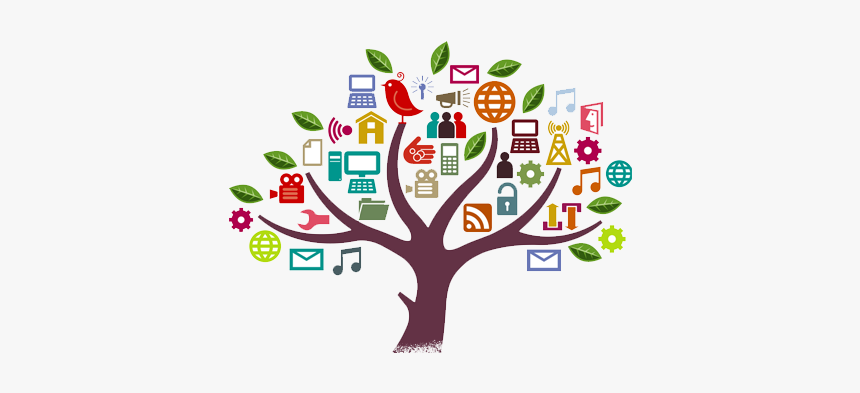How to use social media for climate change activism
Social media is present and future. More than 80% of the population in the UK are active on social media, from which youth between 16 and 25 stand for the highest part and who happen to be the most impressionable, spending hours scrolling through random posts and videos and following accounts that do not really benefit us. Not only individual users, but also organisations, businesses, and enterprises have their accounts on distinct social networks to reach more people, sell their products, or influence on people to make them follow trends.
Reality is that social media is extremely relevant nowadays and difficult to disconnect from it. On Instagram and Tik Tok, to give an example, people create new habits, copy other people, and make challenges. A great community is connected sharing interests, likes, but also raising awareness about controversial and topical issues. Therefore, even though digital technologies are causing damage to the environment, using social media could be now the most effective way to educate people about climate change and try to help.
So, why not building up a social media platform, a LinkedIn or Facebook type, where “climate change fighters” can share content about what they have accomplished recently to help the environment? There are eco-friendly apps already developed, for example, Good Guide to help shopping sustainably, and iRecycle to help find ways of recycling and reusing products. These apps, along with many more, have great initiatives, but only help to tackle one problem each of them. It goes without saying that downloading ten apps is not ideal –first we won’t keep up with what all of them say, and second, not all smartphones' RAM will hold them.
What I propose is a platform that covers every aspect of eco-solutions that we can put in practice to tackle climate change. The new social network would need to be developed in a more interactive way, with a list of eco-challenges that people might follow and do, and keep record of them, for instance, walking everywhere for a week instead of driving, or planting a tree. The more eco-challenges carried out, the more relevance, likes and more challenges unlocked. Furthermore, people might post stories, videos, and pictures with captions of what they’ve done and reach friends to do the same. A good example is We Don’t Have Time, a platform that connects everyone who wants to solve this crisis, there you can find climate news, send actions to influence society and reach leaders to discuss solutions. I believe this platform is fantastic in terms of raising awareness and being heard, however not so appealing for the youth who rather use social media to create videos and other visual content.
The main idea is to encourage people, especially the youngest ones, to do small actions to help fight climate change and keep our world clean, as the sum of many small actions will eventually have a huge impact. My believe is that creating a social platform to carry this out is the right channel to make our society truly conscious now, therefore adapting to the new era, as we all know since the 1950s our planet is in a countdown.


